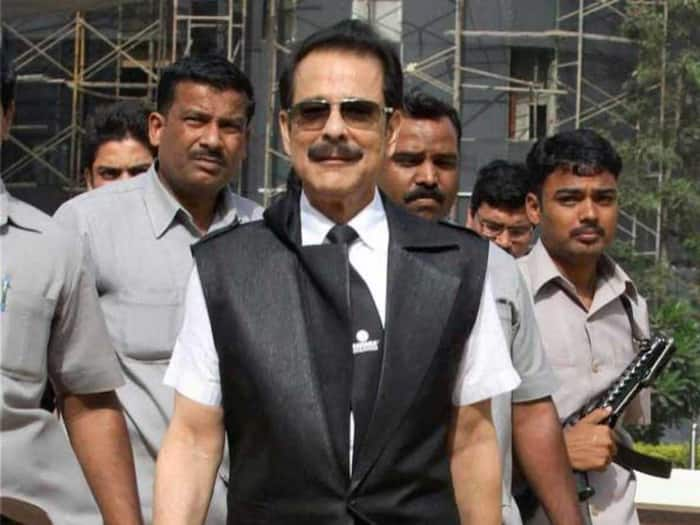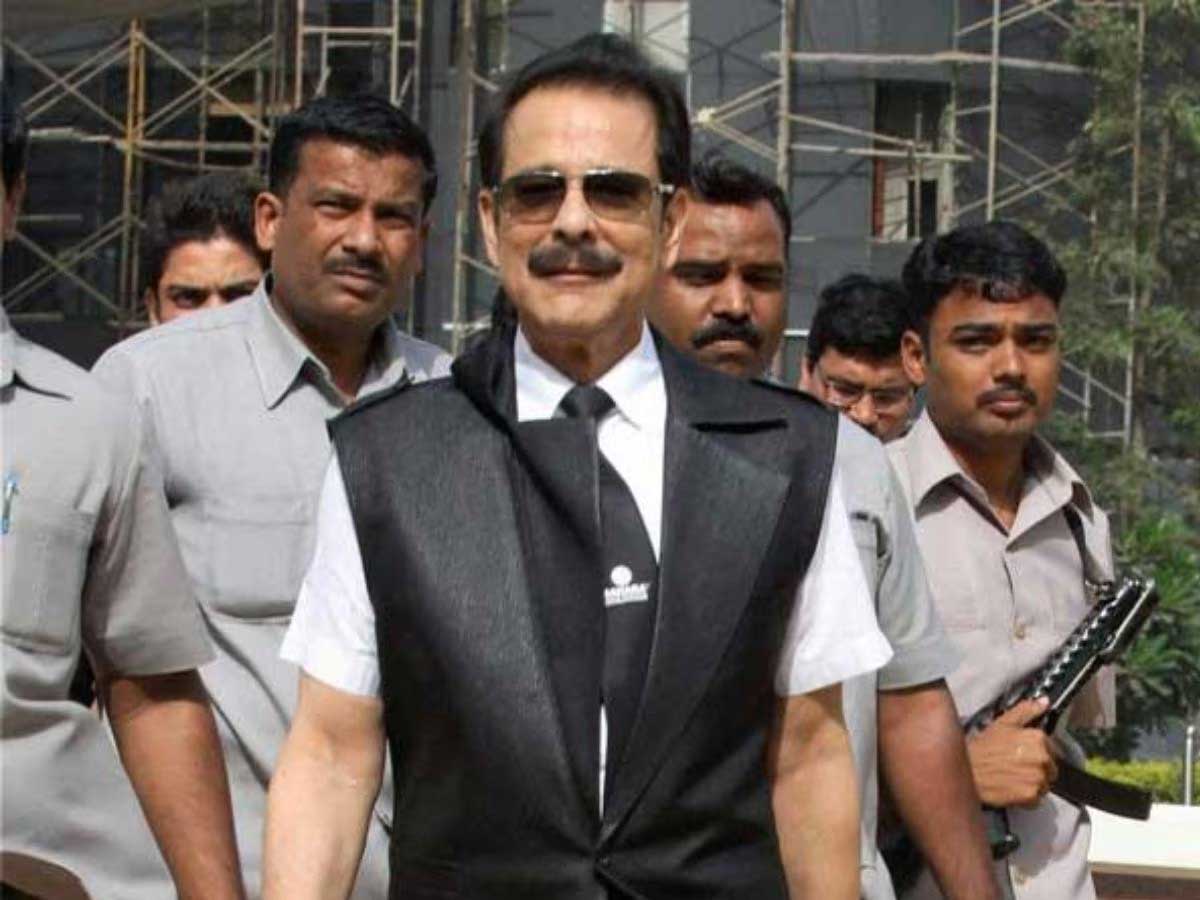Subrata Roy’s death marks the end of an era for the Indian business landscape, where he was known for his vast empire that spanned various sectors including finance, media, entertainment, and real estate.

Lucknow: Sahara Group chief Subrata Roy passed away due to a cardiorespiratory arrest at a private hospital in Mumbai on Tuesday after a prolonged illness. He was 75. As per the company statement, he was admitted to the Kokilaben Dhirubhai Ambani Hospital & Medical Research Institute in Mumbai on Sunday after his health deteriorated.
His death marks the end of an era for the Indian business landscape, where he was known for his vast empire that spanned various sectors including finance, media, entertainment, and real estate.
He passed away at the hospital at 10.30 PM on Tuesday due to a cardiorespiratory arrest following an extended battle with complications arising from metastatic malignancy, hypertension and diabetes.
“It is with profound sadness that Sahara India Pariwar informs the demise of our Hon’ble ‘Saharasri’ Subrata Roy Sahara, Managing Worker and Chairman, Sahara India Pariwar,” the group said in the statement.
The Inspiring Story of Subrata Roy
Calling him an “inspirational leader and visionary”, the company said, “His loss will be deeply felt by the entire Sahara India Pariwar. Saharasri ji was a guiding force, a mentor, and a source of inspiration for all who had the privilege to work alongside him.” Sahara India Pariwar is committed to upholding Roy’s legacy and will continue to honour his vision in driving the organisation, it added.
Notably, Subrata Roy created a huge business empire across retail, real estate and financial services sectors. In his prime time, Roy made the Sahara Group a multi-billion dollar enterprise that counted itself among the biggest employers of the country.
How Sahara Group Started With Just Rs 2,000
As the Sahara group mourns the death of its leader, the business world reflects on the legacy of the one-man industry who started the company with just Rs 2,000 and later made it an empire that was second only to the Indian government in terms of employment.
Subrata Roy’s Early Life
Born in Bihar’s Araria in 1948, Subrata Roy started his journey as businessman in 1976 with Sahara Finance, a chit fund company. Later, he took it took over and revamped the company’s financial model in 1978, drawing inspiration from the older Peerless Group.
As part of his leadership, Sahara India Pariwar grew into one of India’s largest conglomerates, that employed around 1.2 million people and claiming to have more than 9 crore investors, which is about 13% of all households in the country.
Having scripted one of the most famous rags-to-riches stories of the country, Roy went on to expand his business across various sectors ranging from finance, housing, manufacturing, aviation and the media and became a household name.
His enterprise went on to own landmark global properties, including New York’s Plaza Hotel and London’s iconic Grosvenor House.
Sahara Group Sponsored Indian Cricket, Hockey Teams
Under his leadership, Sahara also sponsored the Indian cricket and hockey teams and owned a Formula One racing team. The weddings of his two sons some two decades ago are still among the biggest parties ever seen in India. He lived in Lucknow.

